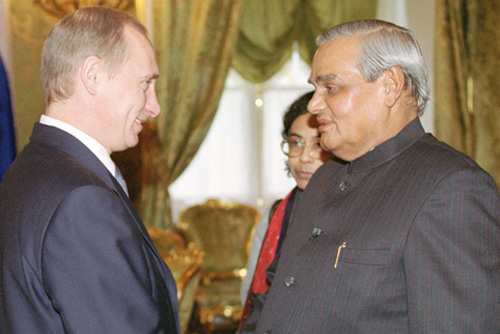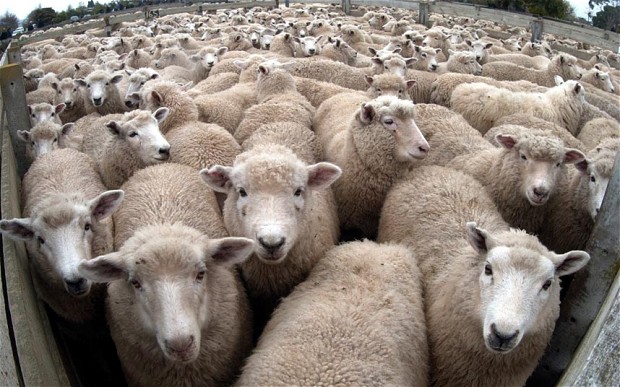Editor’s note: this is a guest piece by Brijender Mudgil in India
In September of 1965, the Chinese government sent a stern letter of rebuke to New Delhi, alleging that Indian troops stationed at the Nathula Pass on India’s border with China had stolen 800 sheep and 69 Yaks.
The Indian government was shocked at the level of the allegation, and immediately denied that any such incident had taken place, but the regional tensions at the time indicated that China was looking for some reason or other to initiate action at the strategic pass in the extreme north east of India.
The allegation was extremely funny in as far as India saw it, but quite serious from China’s point of view.
Mr. Atal Bihari Vajpayee, our former prime minister, but at the time a young leader in the opposition party ‘Jansangh’ in India’s Parliament saw the allegations as a great opportunity to embarrass China.
Without falling into any discussion with China on the merits of the allegations he collected 800 sheep at his party’s offices and along with other party leaders headed to the Chinese Embassy in New Delhi to hand the sheep over to the Chinese officials within.

A video about the issue can be seen here: https://www.youtube.com/watch?v=PDtFTa1Zh1Q
The event became quite a hit in both the national and international media.
Along the way, the crowed accompanying the ‘caravan’ carried placards reading “A gift from India to China” along with other funny slogans and banners.
Even the sheep had placards around their necks reading: ‘Eat us but don’t initiate wars for us.’
The sheep were offloaded from trucks and tied to the compound gates and outer walls of the embassy as a symbolic delivery of gift items.
The government of China meanwhile, facing international embarrassment over the whole event again wrote to the government of India to show their displeasure over what had transpired.
The government of India replied that the show was organized by the leader of an opposition party, and that as people in India have full freedom under democratic rule, the government in power could not have stopped them.
On a more serious note, however, the whole saga alerted the government of India to the issue of its outer defences, and so New Delhi fortified it’s position at the Nathula Pass.
A few years later, in 1967, China made a similar claim, and on the 11th of September 1967, brought forward its forces to evict Indian troops at the Nathula Pass in the process invading Sikkim.
The Indian Army gave a more than befitting reply on the 15th of September with the Chinese troops forced back to their original positions carrying a large number of body bags .
The region has remained relatively quiet ever since.









